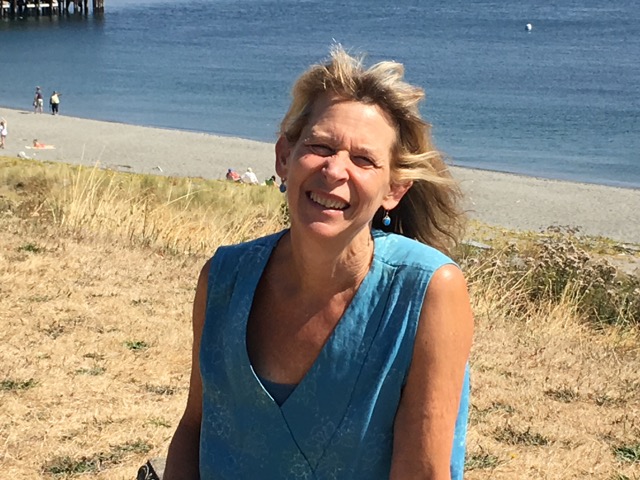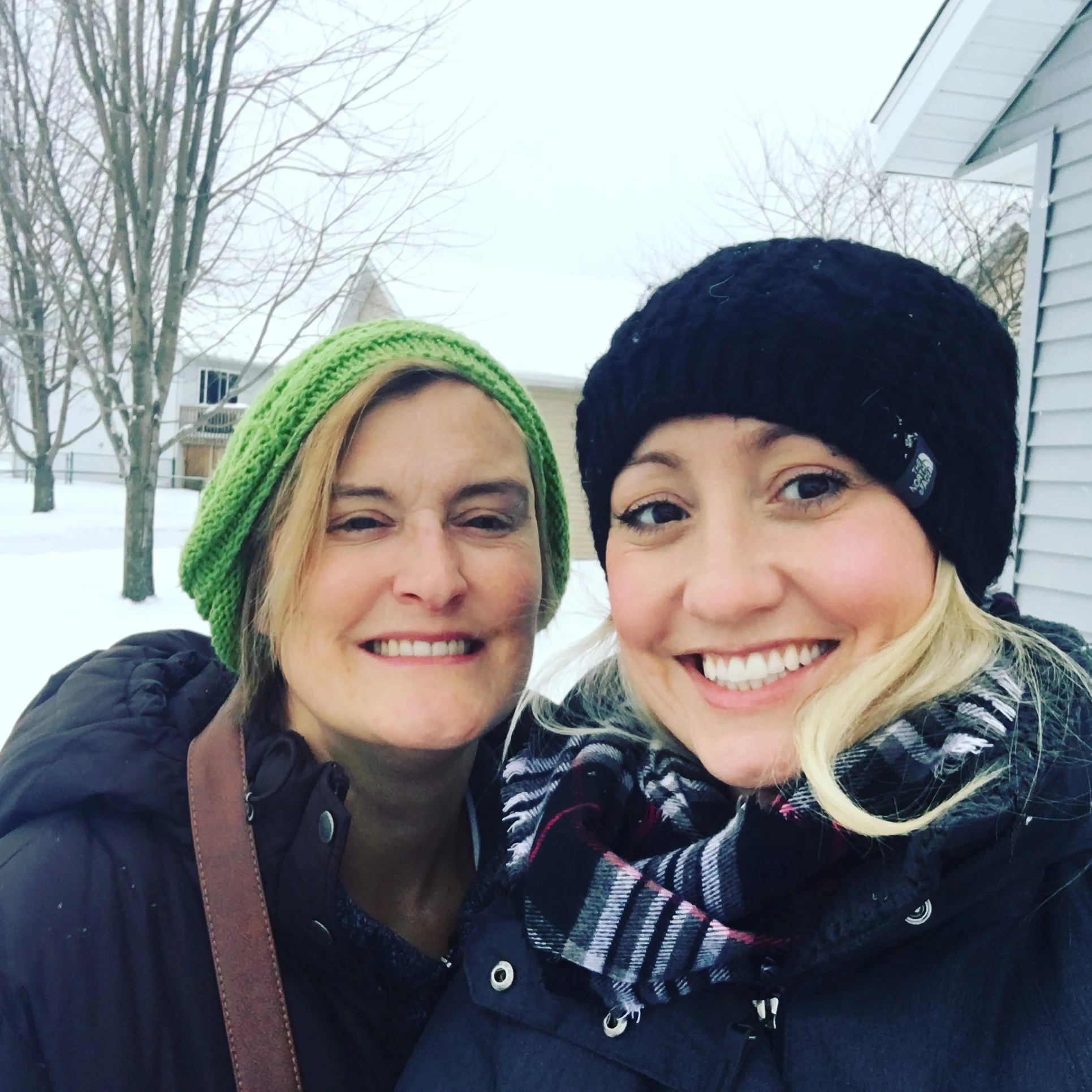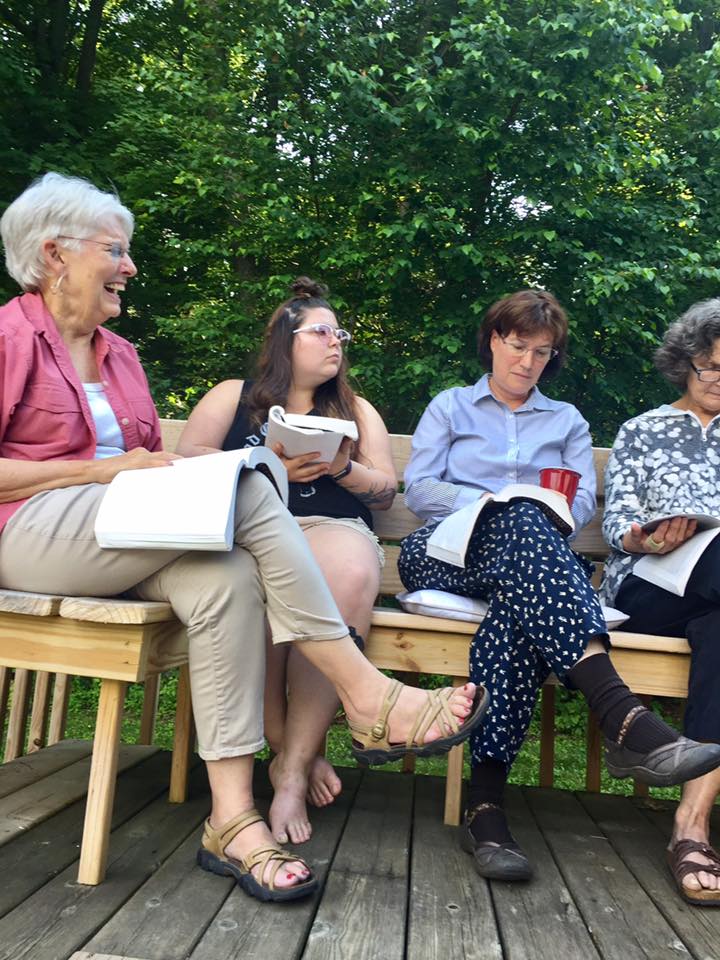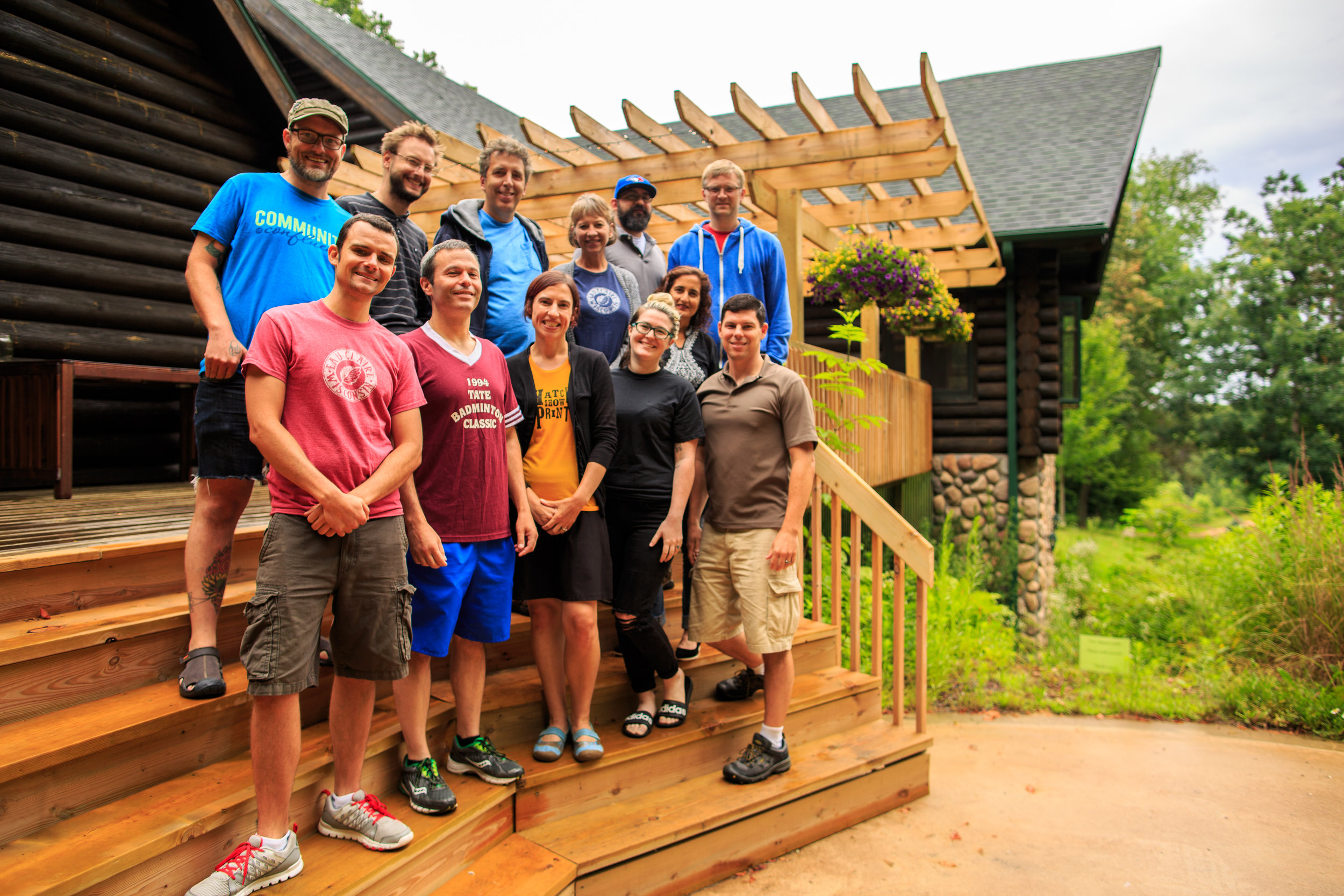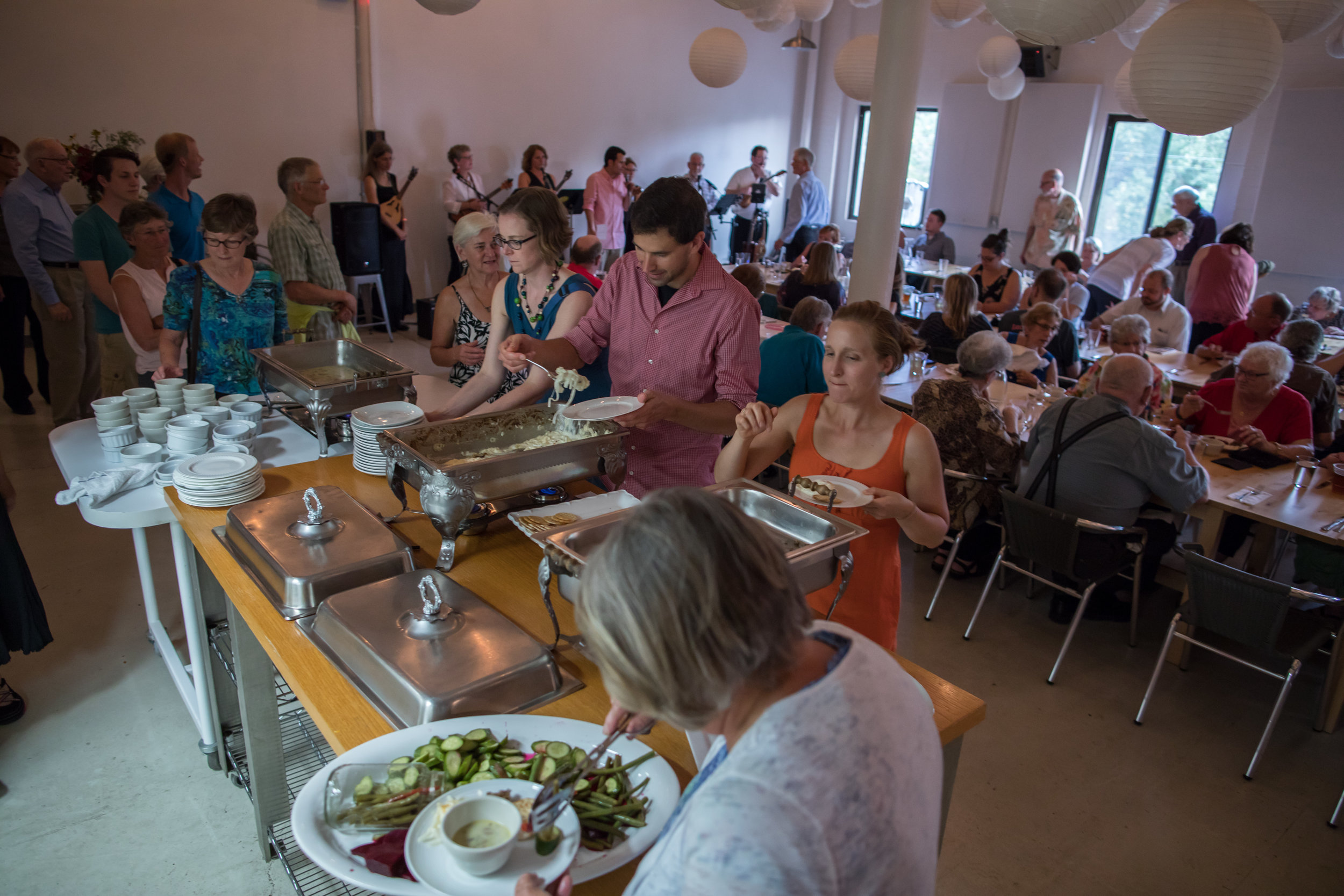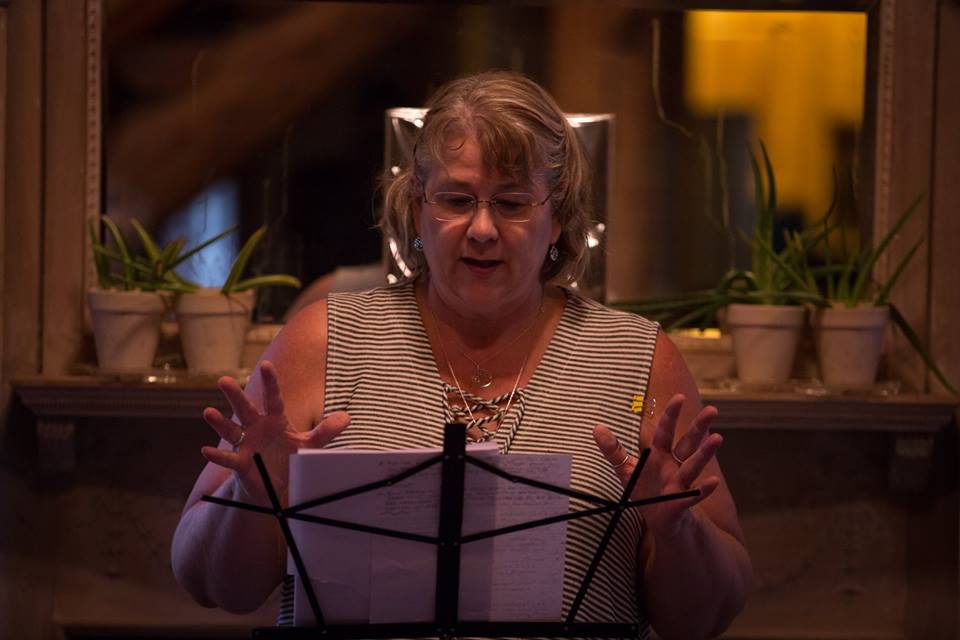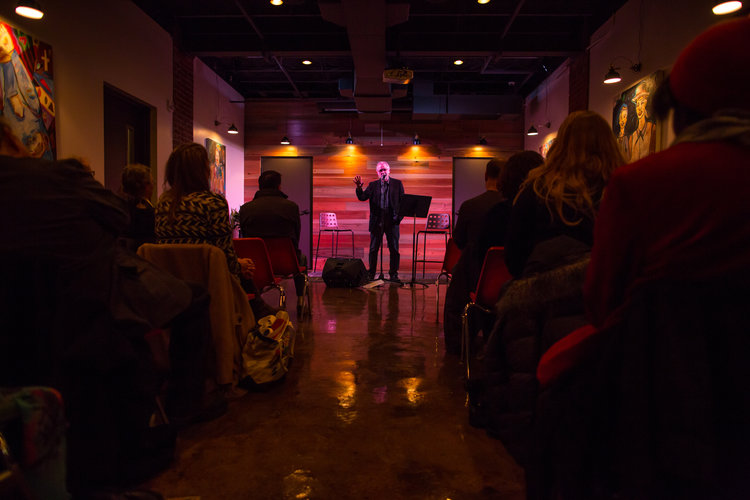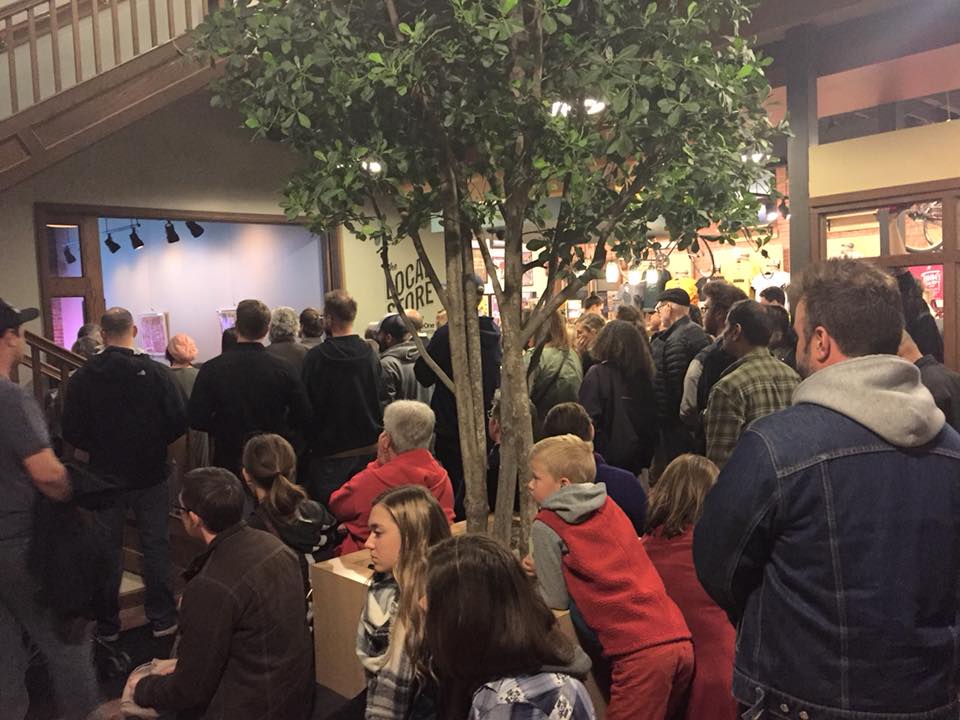By Emilia Hurst
I recently got the chance to chat with Lindsay Starck one of our writers in residence. Lindsay is a professor at Augsburg University and the author of Noah’s Wife. Get the chance to work with her at the Cirenaica retreat this summer, “Thickening the Plot: On Creating Tension and Suspense in Fiction” which will run from August 2-5.
Emilia: What would you say are some of your best personal writing experiences?
Lindsay Starck: I heard another writer say once that 15% of writing happens when you’re sitting down in front of your paper or your computer, and the other 85% happens when you’re out interacting with the world—walking or cooking or talking with friends.
Some of my best personal writing experiences have occurred when I’ve stepped away from the page and sat down to talk about the craft with fellow readers and writers who are willing to swap ideas and share experiences.
How would you say writers can look forward to growing in their craft at this retreat?
Writing is typically considered to be an activity you do in isolation, but this retreat provides the opportunity to reflect on the process and the product with other writers. Participants will share ideas about stories and techniques, and we’ll be able to experiment with new ideas and new styles. Ideally, we’ll all leave the retreat feeling more inspired and excited by our projects than we were when we arrived.
What's something you'd like to tell us about your own writing?
My first passion as a writer is for language. When I wrote my first novel, I believed that beautiful sentences would be enough to create a strong story. I revised that manuscript for several years, during which time I learned the importance of narrative elements—tension, rising action, questions—that help keep readers engaged. Now I’m trying to write stories that balance poetry with plot.
What are some more specific things writers can look forward to at this retreat?
Plenty of time to work and reflect on the craft; engaging conversations with fellow writers and mentors; delicious meals; insight into the publishing world of literary magazines; a few days free of all other obligations so that you can immerse yourself in the life of a writer.
What are some things you've been reading and enjoying lately?
I’ve been slowly working my way through Prairie Fires, the new biography of Laura Ingalls Wilder. The book does a wonderful job describing the historical context surrounding the Little House series. It’s also very cool to be reading it while living in the Upper Midwest, since Wilder spent many of her early years in Wisconsin and Minnesota. The most recent novel I read was Jenny Offhill’s Department of Speculation, which was experimental and moving. I might reread Elena Ferrante’s Neapolitan Novels this summer, since I enjoyed them so much the first time around.
How would you describe your writing process?
I’m very type-A, so I like to plan out my project before I begin it. But once I start writing, the story goes in a different direction. So I have to scrap my plan and come up with a new one. Then I start writing again, and the story slips out of my grasp once more. So the writing process, for me, is a constant balancing act between plotting out the narrative and allowing the story to find its own shape.
What is one of your favorite places/settings to write in?
I like to write in coffee shops. Sometimes I put my headphones on and listen to white noise, and other times the din of the coffee shop is white noise enough. Lately I’ve been getting up and writing before doing anything else, like reading my phone or checking my email or even making my breakfast. I heard a writer say that this early morning hour is the perfect time to work because part of you is still in that hazy, vivid dream world, which gives you the space to form fresh sentences and ideas.
What do you do when writing gets tough?
I spent five years revising my first novel, and I learned from that experience to be patient and have faith in the writing process. Sometimes the best thing you can do for a piece of fiction is leave it alone. Go outside, or clean the house, or play the piano. Let your thoughts wander, and when you come back to your writing, the solution might be waiting right there for you on the page.









